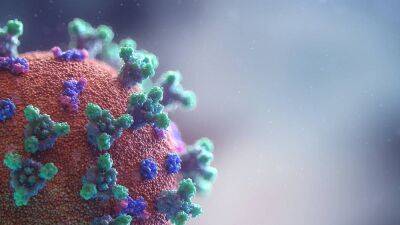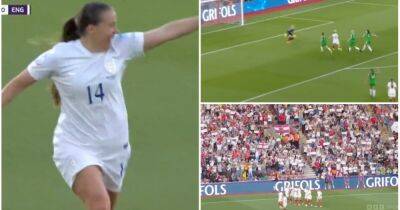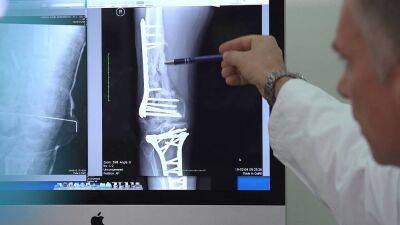Digital Covid Certificate: European health experts look to build on success story
QR codes accompanied our travels since the second year of the coronavirus pandemic.
Made up of an intricate and unique patern of black and white squares, scanning these QR codes became the core of the Digital Covid Certificate. Launched by European Union (EU) two years ago, The Digital Covid Certificate helped millions of EU citizens travel across borders again.
More than 1.8 billion certificates have been issued in digital or paper format around the world so far, and counting.
In total 67 countries us the system worldwide: of which 27 are EU member states and three hail the from European Economic Area. 22 other nations will hope to embrace the technology, which will bring the number of countries using Digital Covid Certificates up to 89.
In its creation phase, the World Health Organisation (WHO) was one of the partners that joined forces with Europe, to select the technical specifications for the digital cert. For instance, both the EU and WHO had to work out how registration for the vaccination status would work from country to country.
Speaking to Euronews Smart Health, Tarik Jasarević, World Health Organization Spokesperson, told us of Europe's response to "domestic and cross-border purposes" had been identified, and now it's easier than ever to use your digital cert, no matter where you are travelling.
Interoperability is a fundamental function in order to build a system connecting dozen of countries.
To make this possible the European Commission set up a digital gateway, linking national IT systems databases, allowing them to share data that QR codes could verify anywhere in Europe, no matter the origin of your vaccine.
The infrastructure overlooking this runs on a server in the Commission’s corporate data centre which






